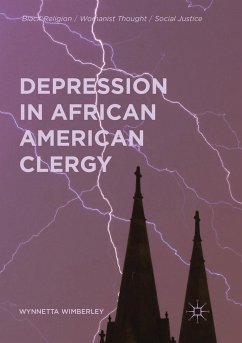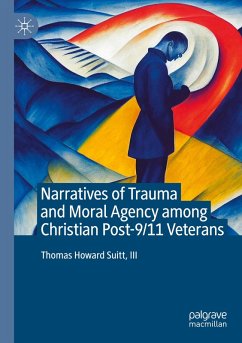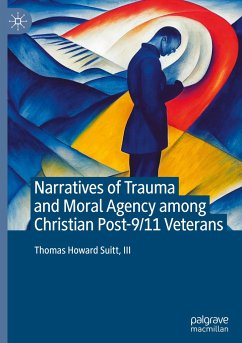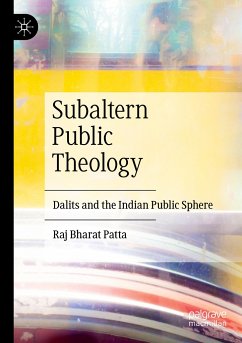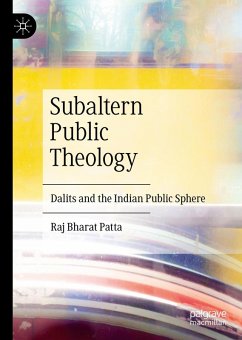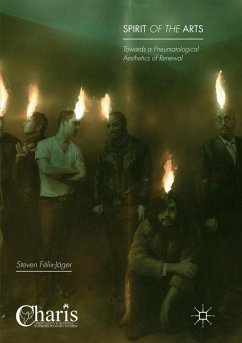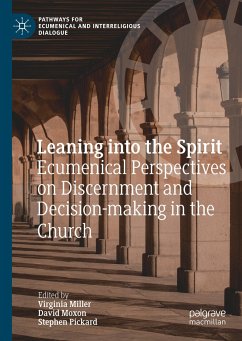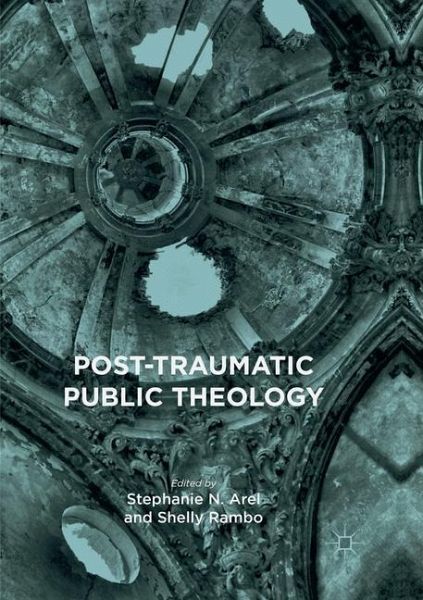
Post-Traumatic Public Theology
Versandkostenfrei!
Versandfertig in 6-10 Tagen
129,99 €
inkl. MwSt.

PAYBACK Punkte
65 °P sammeln!
This book imagines new modes of religious response to trauma, moving beyond simple answers to the 'why' of human suffering toward discussions of profound expressions of faith in the aftermath of trauma. Engaging current realities such as war, race, and climate change, chapters feature specific locations from which theology is done and draw on the resources of Christian faith in order to respond. This volume recognizes religious leaders as first-responders to trauma and offers theological reflections that can stand up in the current realities of violence and its aftermath. The writings provide ...
This book imagines new modes of religious response to trauma, moving beyond simple answers to the 'why' of human suffering toward discussions of profound expressions of faith in the aftermath of trauma. Engaging current realities such as war, race, and climate change, chapters feature specific locations from which theology is done and draw on the resources of Christian faith in order to respond. This volume recognizes religious leaders as first-responders to trauma and offers theological reflections that can stand up in the current realities of violence and its aftermath. The writings provide models for how to integrate the language of faith with the literature of trauma.




